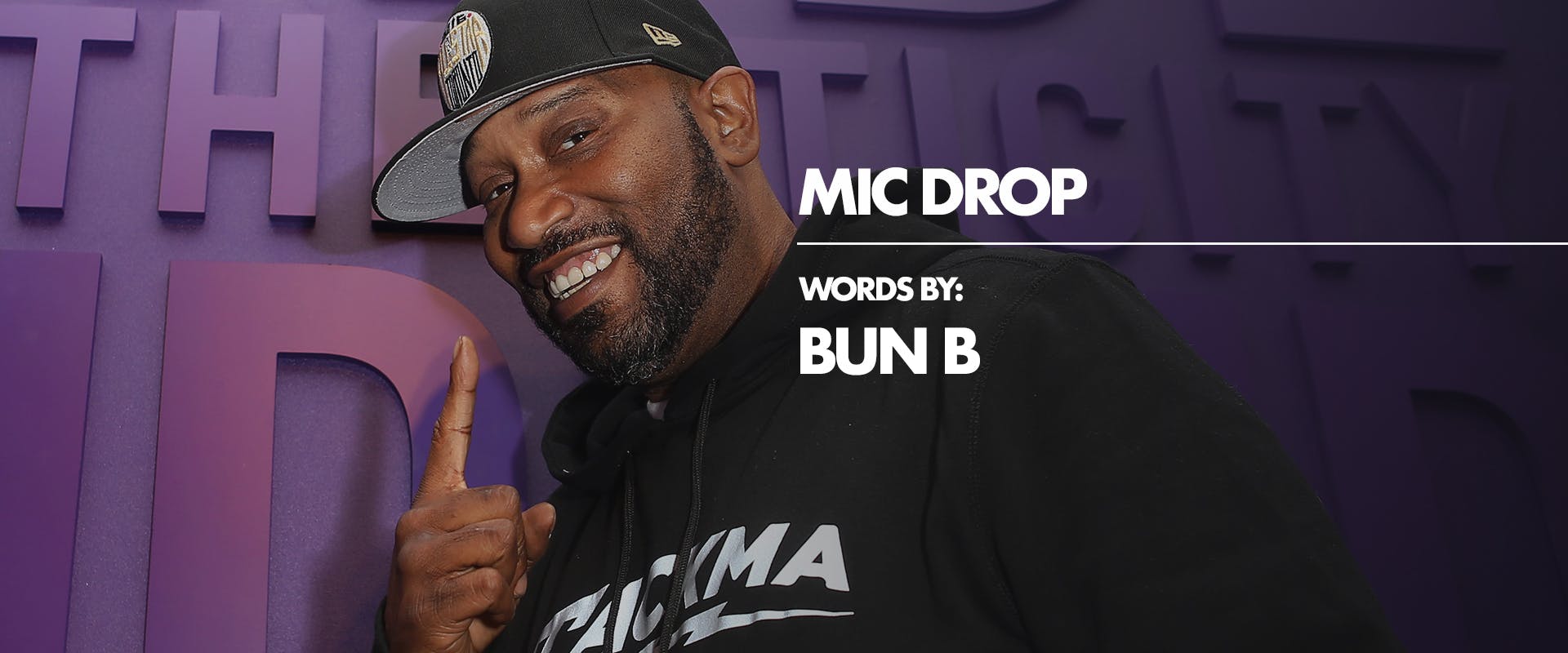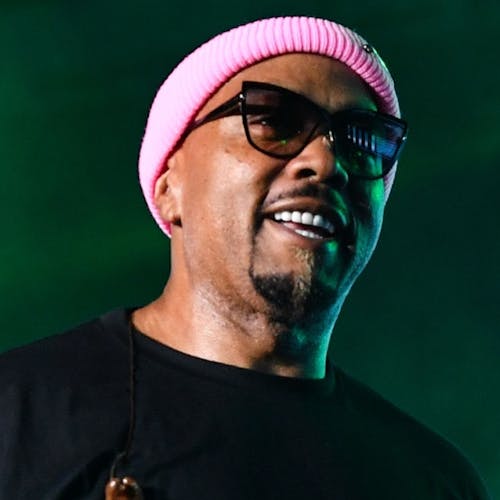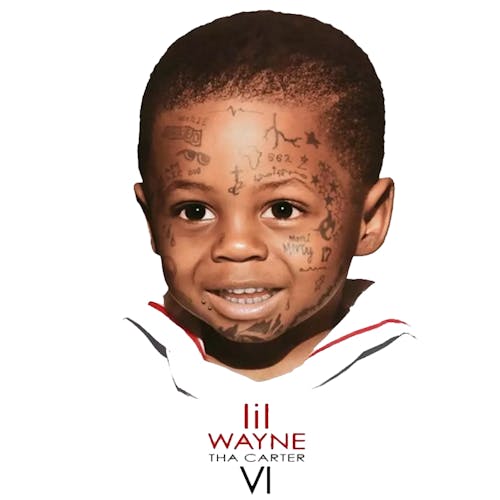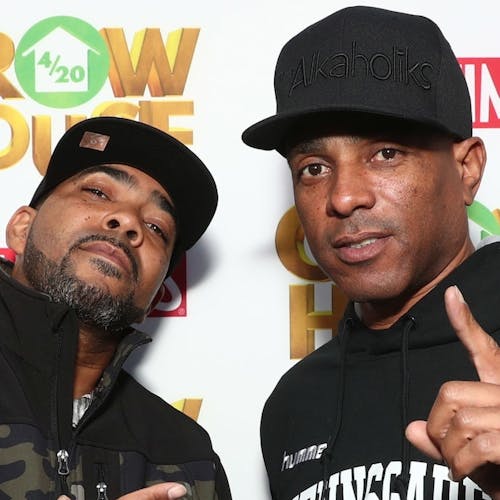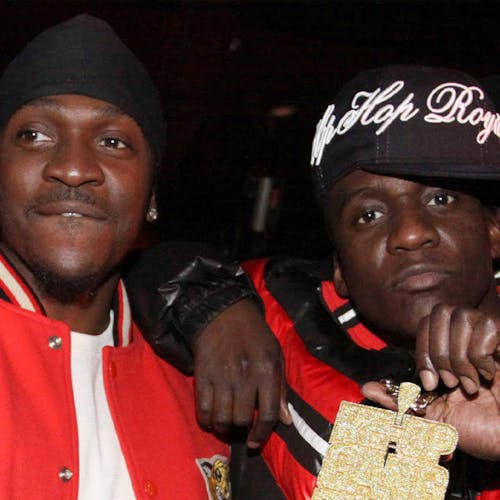We could record feature work and any kind of music that we wanted, right there at home. They agreed to it, and Ridin' Dirty is our most highly-regarded album.
It still stands the test of time. It's considered a Hip-Hop classic. And it's only because we were willing to sacrifice certain things for creative freedom.
At first, freedom was really just about speech: being able to say everything I wanted to say, how I wanted to say it. Once I figured that out, then I wanted financial freedom; which was me being able to be fully sustained through my craft without being dependent on a record company as a conduit to the money. That took a little bit longer—to get out of that system and to be free of that system.
And then once I got that, as I became a lot older, became a husband, father, grandfather—I just started to want more personal freedom. Time to myself, time to be able to separate from the industry and the business side and be able to go detach, detox, recharge and spend quality time with my family. So now that I'm not as young and I don't need to work as hard as I did—as they say: we're not working harder, we're working smarter—I'm able to get things done in a more timely fashion and not exercise unnecessary energy. And I can reserve more family time for family moments.
When I was a younger artist, I used to work on Thanksgiving and Christmas because they would pay you more. And I didn't have a family, so it was cool. But as I got older, I was like "Nah, we can't be working on the holidays." I got grandchildren now, I want to be there to watch them open their Christmas presents. As you get older, you adjust.
But all of those things I have to sacrifice. In order to be able to spend more time with family, I have to sacrifice wanting to be the shit in the club and wanting to be in the mix and around everybody all the time. When I was younger, I had no problem with it—I wanted to be seen in the spot as the shit. But now, I don't need that for my ego. I'm good now.
